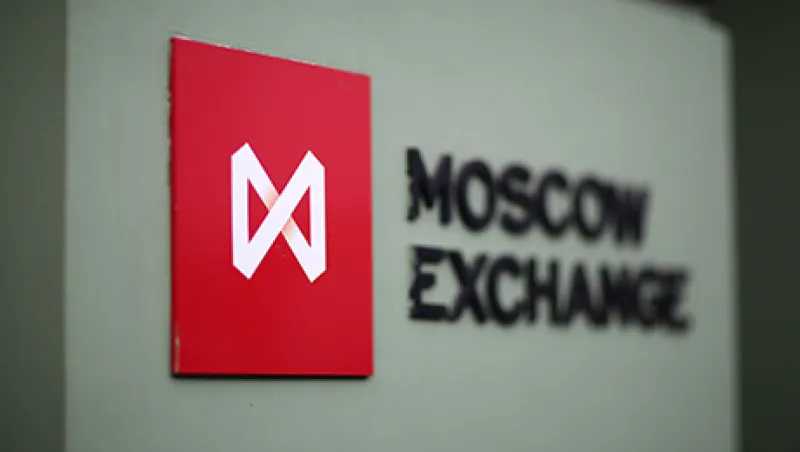
When Investing in Russian Equities, Seek the Silver Lining
The forecast for the Russian economy is gloomy, but the stock market offers bargains. The key: knowing which sectors are safest.
David Turner
July 29, 2014


